This half-day workshop will be held at CVPR 2026 during June 3–7, 2026 (exact day TBD) in Denver, CO, USA.
Abstract
On-road testing of autonomous vehicles is costly, making simulation essential for developing autonomous driving. Beyond evaluation, simulation also plays an increasing role in closed-loop training and reinforcement learning. This workshop brings together researchers from multiple disciplines to advance both fronts of the simulation challenge: improving fidelity and leveraging simulation for training and evaluation. Topics include sensor simulation, behavior modeling, reinforcement learning, and closed-loop evaluation. The program features keynotes, contributed papers, and a panel discussion.
Topics
This workshop will cover topics related to:
- Improve fidelity and diversity of reconstruction and generative models for behavior and sensor simulation.
- Leverage simulation for validation and training, developing effective metrics for quality and safety measurements.
- Build connection to recent advances from other fields (e.g., RL, foundation models) for more scalable and accessible simulation.
Call for Papers
We invite submissions of original research on topics including, but not limited to: generative models or policies for agent behavior in AV simulation, sensor and perception simulation, world models, evaluation metrics for model fidelity and coverage, novel training or evaluation frameworks using simulation, high-fidelity tail-event simulation (e.g., collisions), and safety assessment in simulation-based training.
A single, non-archival track will be offered, accepting original work or papers previously submitted/published elsewhere. Manuscripts should be 4–8 pages (excluding references) in CVPR format; previously published work may retain the original format.
Important Dates 📅
- Paper Submission Deadline: March 12, 2026
- Notification to Authors: March 29, 2026
- Camera-Ready Submission: April 11, 2026
For inquiries, feel free to reach out to the organizing committee at: agents4ad@googlegroups.com
Invited Speakers

Marco Pavone
Stanford University / NVIDIA

Hongyang Li
The University of Hong Kong

Dragomir Anguelov
Waymo

Siva Manivasagam
Waabi

Cathy Wu
MIT
Organizers
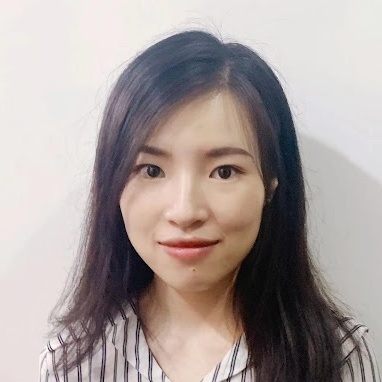
Yiyi Liao
Zhejiang University

Maximilian Igl
NVIDIA

Kashyap Chitta
NVIDIA

Azadeh Dinparastdjadid
Waymo

Maximilian Naumann
Zoox
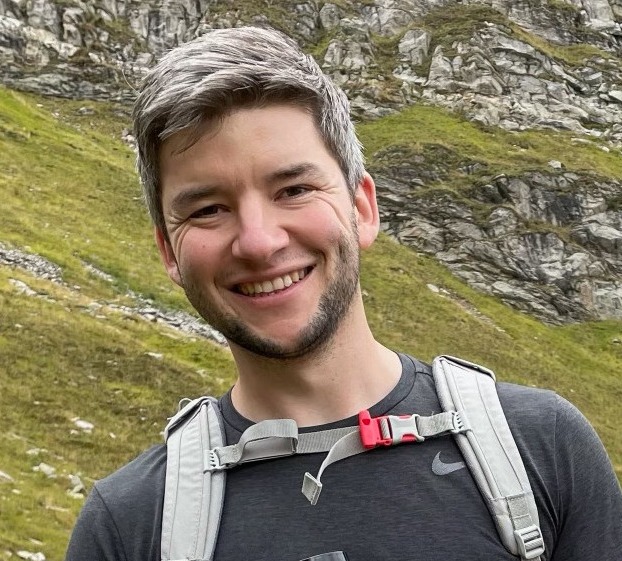
Zan Gojcic
NVIDIA
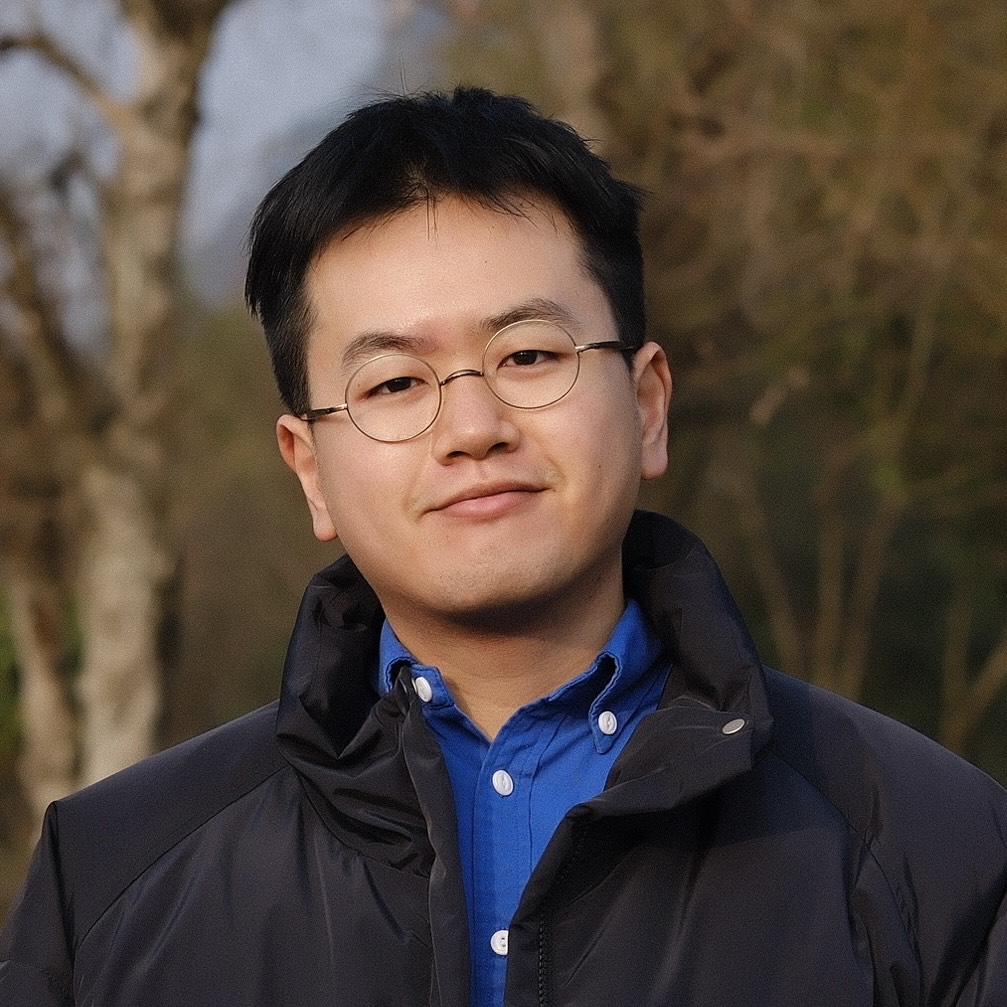
Shuhan Tan
University of Texas at Austin
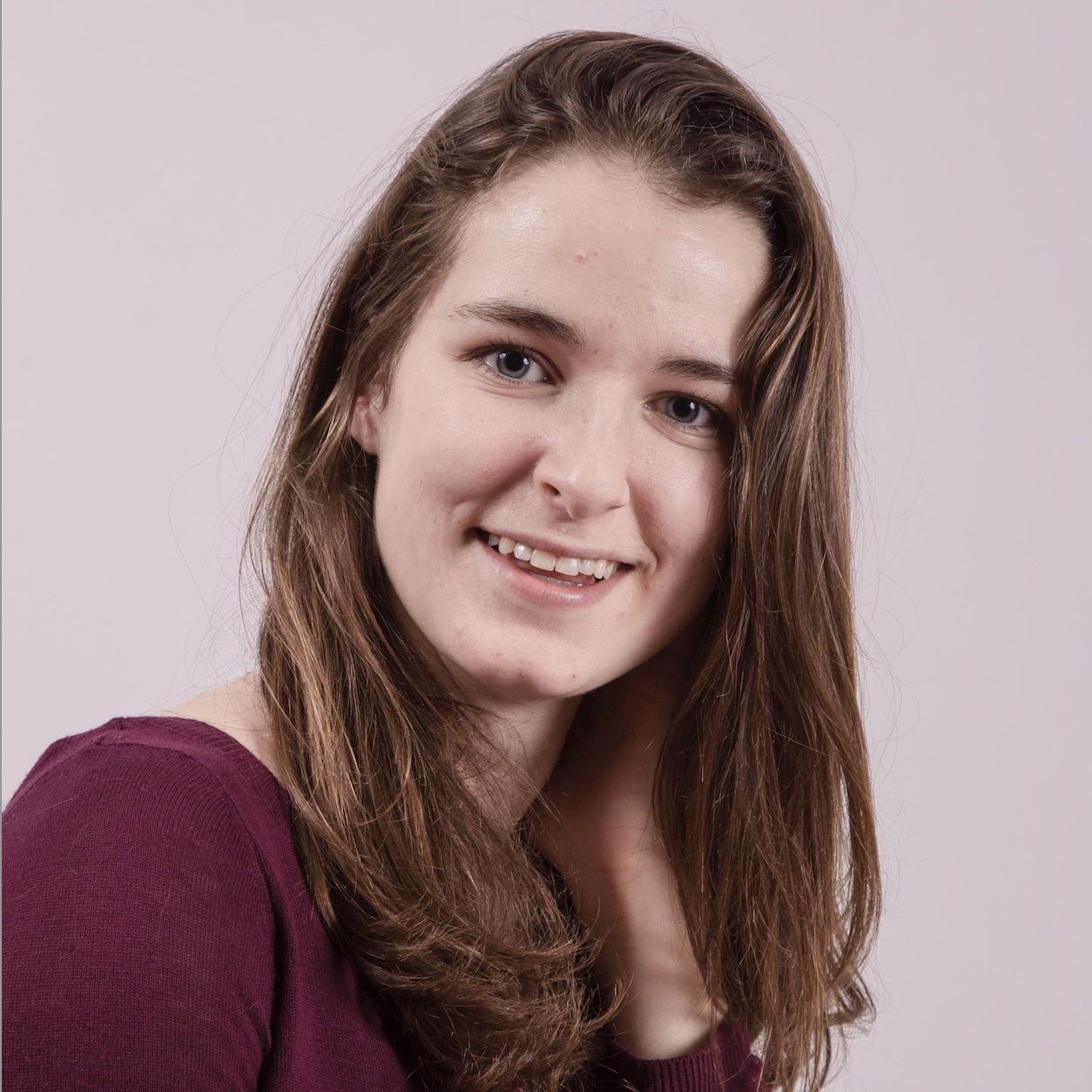
Kate Tolstaya
Waymo

Jingkang Wang
University of Toronto / Waabi
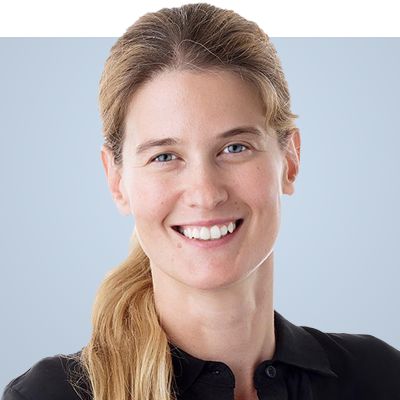
Sanja Fidler
University of Toronto / NVIDIA

Shimon Whiteson
University of Oxford / Waymo
Contact: agents4ad@googlegroups.com